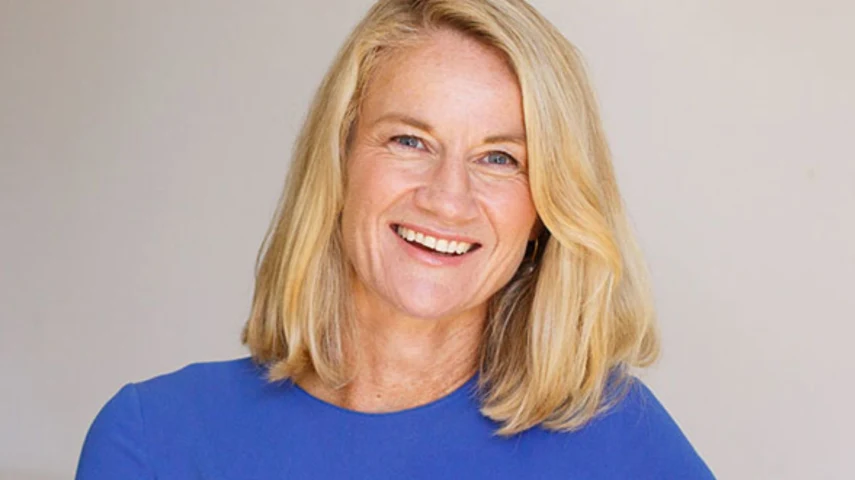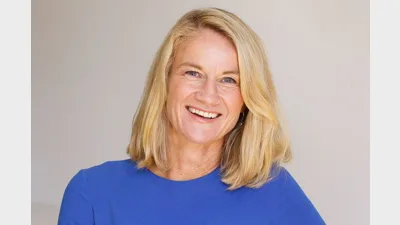Aware Super CEO on achieving super success



There are four secrets to enduring success in superannuation, according to Aware Super chief executive, Deanne Stewart.
Speaking at the Morningstar Investment Conference in Sydney on a fund management panel, Stewart acknowledged enduring success for a super fund was different to that of an asset manager.
The fund was currently $160 billion in assets under management and was seeking to grow to $250 billion.
“We look at success from a different prism. We start with adding value for members and that’s by continuing to provide consistent strong returns and then providing help and guidance for members and access to advisers when they need that help,” Stewart said.
“Secondly, it’s important to hire great people and to inspire them and thirdly, it’s about processes and having a clear autonomy and strong risk controls in place.
“Finally, the systems in this world of massive data and AI, how you use that technology to support and enable the asset managers both externally and in-house is really critical.”
Aware had sought to expand its scale in recent years thanks to mergers with VicSuper, Victorian Independent Schools Superannuation Fund (VISSF), and WA Super. It was now one of Australia’s largest super funds with over 1.2 million members and $160 billion in assets under management.
She also touched on staff attraction and retention, an issue that had been raised as more super funds moved to internalise their fund management activity away from outsourcing. Around of third of Aware Super’s assets were managed internally.
There had been divides between funds over whether to internalise or not with funds such as AustralianSuper placing a large focus on internal managers while others such as Hostplus preferred to rely on third-party managers.
“Attracting top talent is so critical to great performance but in a profit-for-member sense, it isn’t the same as owning shares in a company,” Stewart said.
“It is about setting up an employee proposition as we internalise that really motivates and inspires people but is also very commercial. How we’ve set it up is with the remuneration perspective very aligned to the fund’s performance so there is equal motivation which is similar to how fund managers manage their share price. That is a core element and matching where the market is at.
“More than that, I genuinely find top talent want to feel they are in a place where they can make a difference and are very connected to the purpose.”
It was also important to offer a career path for staff that was a benefit that came from the scale obtained by the various mergers, including setting up an office in London.
“People want to know how they have room to grow. When you are a growing fund and have that scale, they want to see a career path and a benefit of our scale and our presence being so significant in the Australian landscape is people can really see their careers,” Stewart said.
Recommended for you
Big business has joined the chorus of opposition against the proposed Division 296 tax.
Future Group is set to take on nearly $1 billion in funds under management (FUM) and welcome more than 100,000 new members following two significant successor fund transfers.
Insignia’s Master Trust business suffered a 1.9 per cent dip in FUA in the third quarter, amid total net outflows of $1.8 billion.
While the Liberal senator has accused super funds of locking everyday Australians out of the housing market, industry advocates say the Coalition’s policy would only push home ownership further out of reach.













